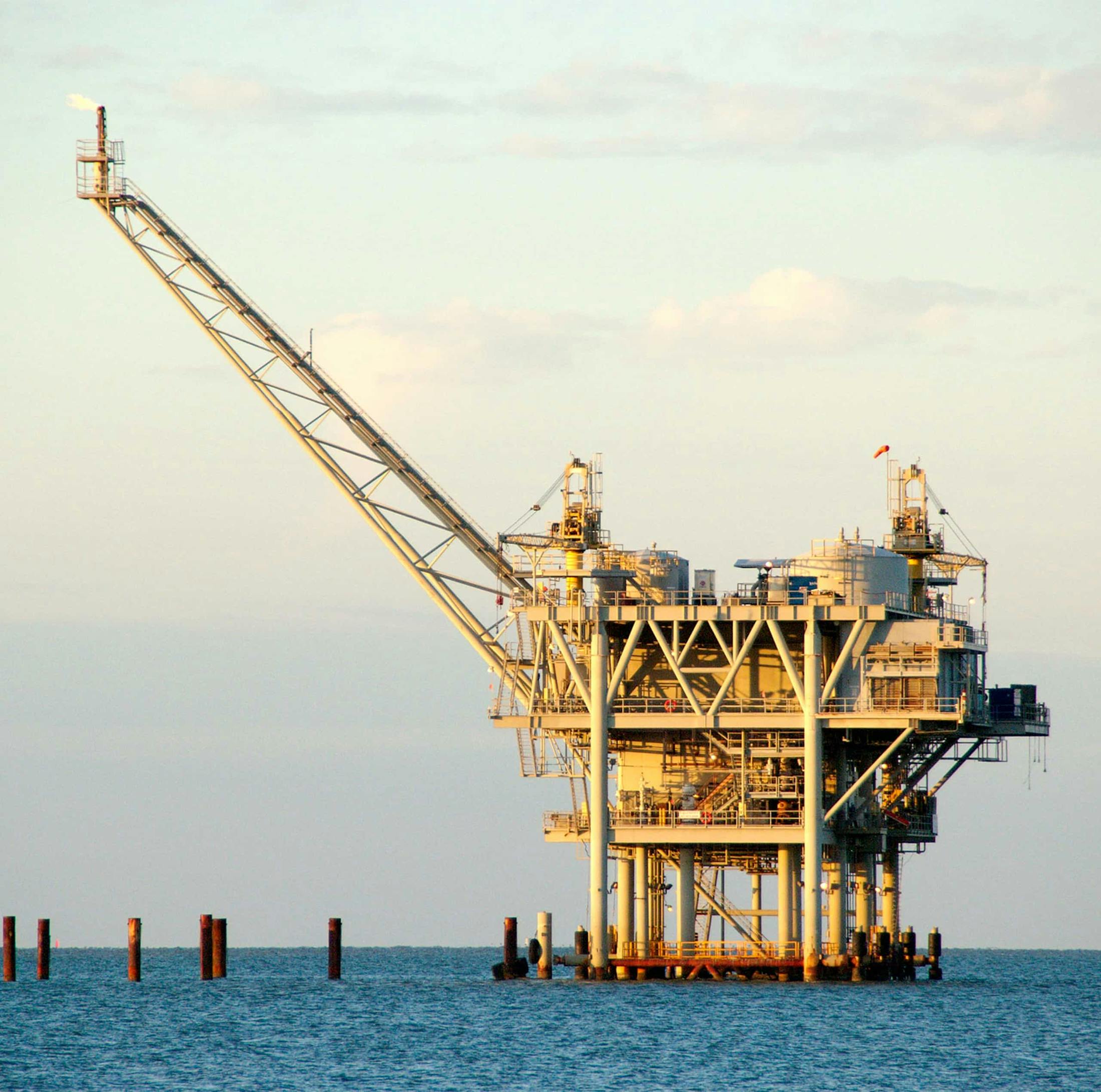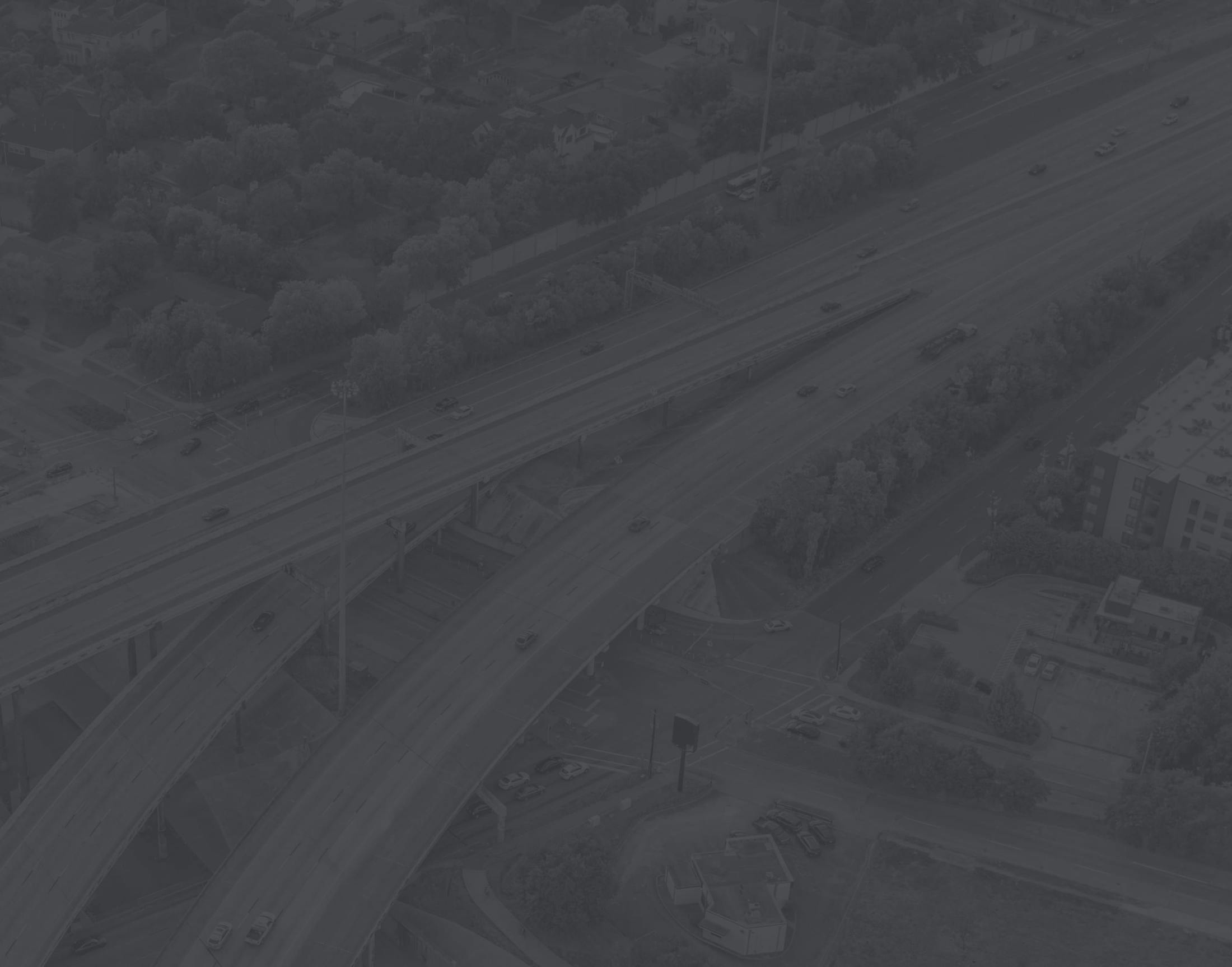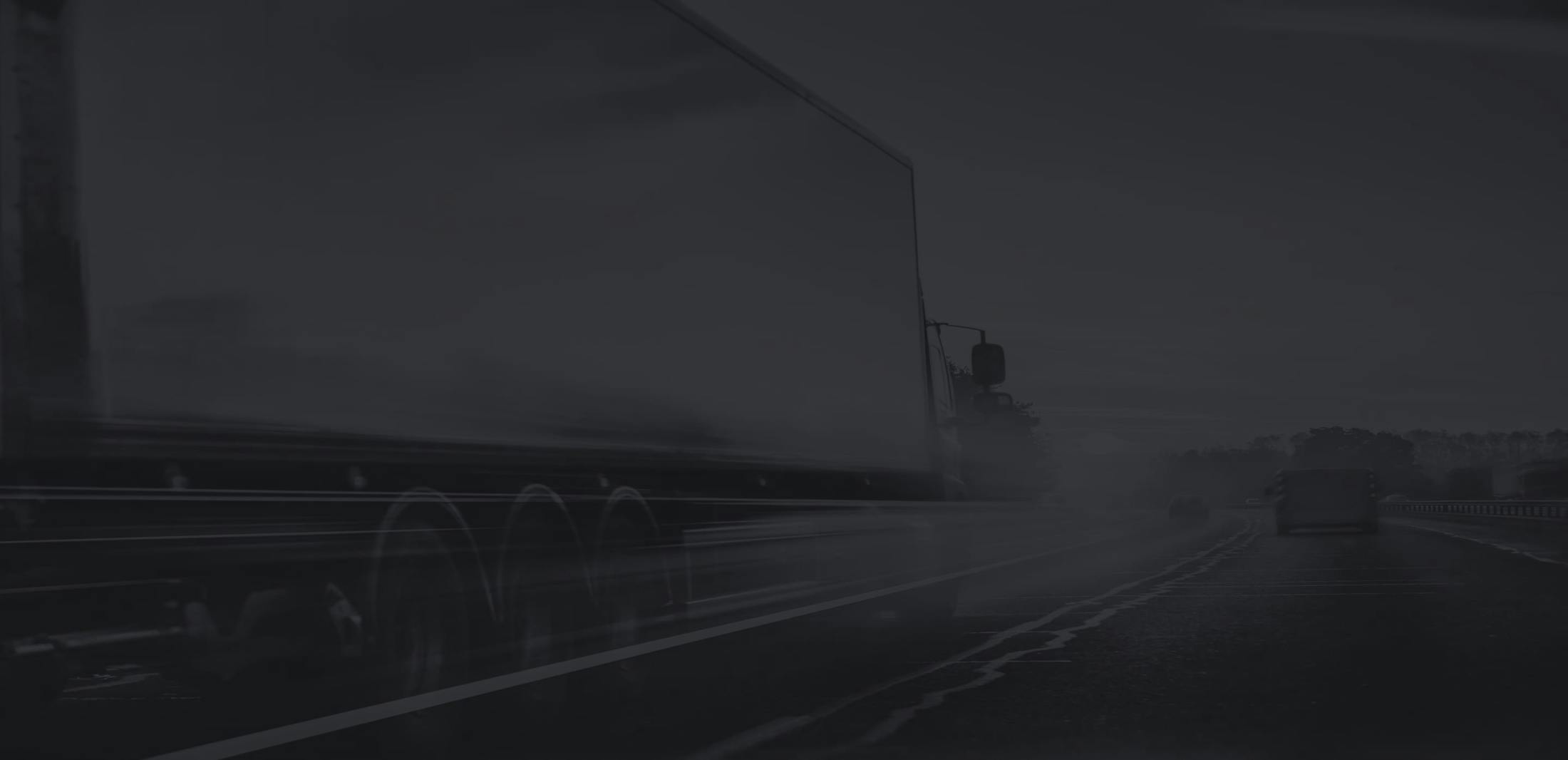If you've been injured in an off-shore accident, our experienced attorneys are here to help you navigate the legal complexities and seek compensation for damages.
Our Approach
Oil platforms, also known as offshore drilling rigs, are large structures that hold facilities for petroleum and natural gas extraction, storage, and processing. Workers on these platforms are subject to falling objects, commercially-sized swinging cables, raised loads, unsecured ladders, wet stairs, and slippery catwalks. Additionally, many of the materials used are extremely flammable, putting seamen at risk of fire. Our Houston off-shore injury lawyers can help you recover compensation for damages in the event of an accident.







